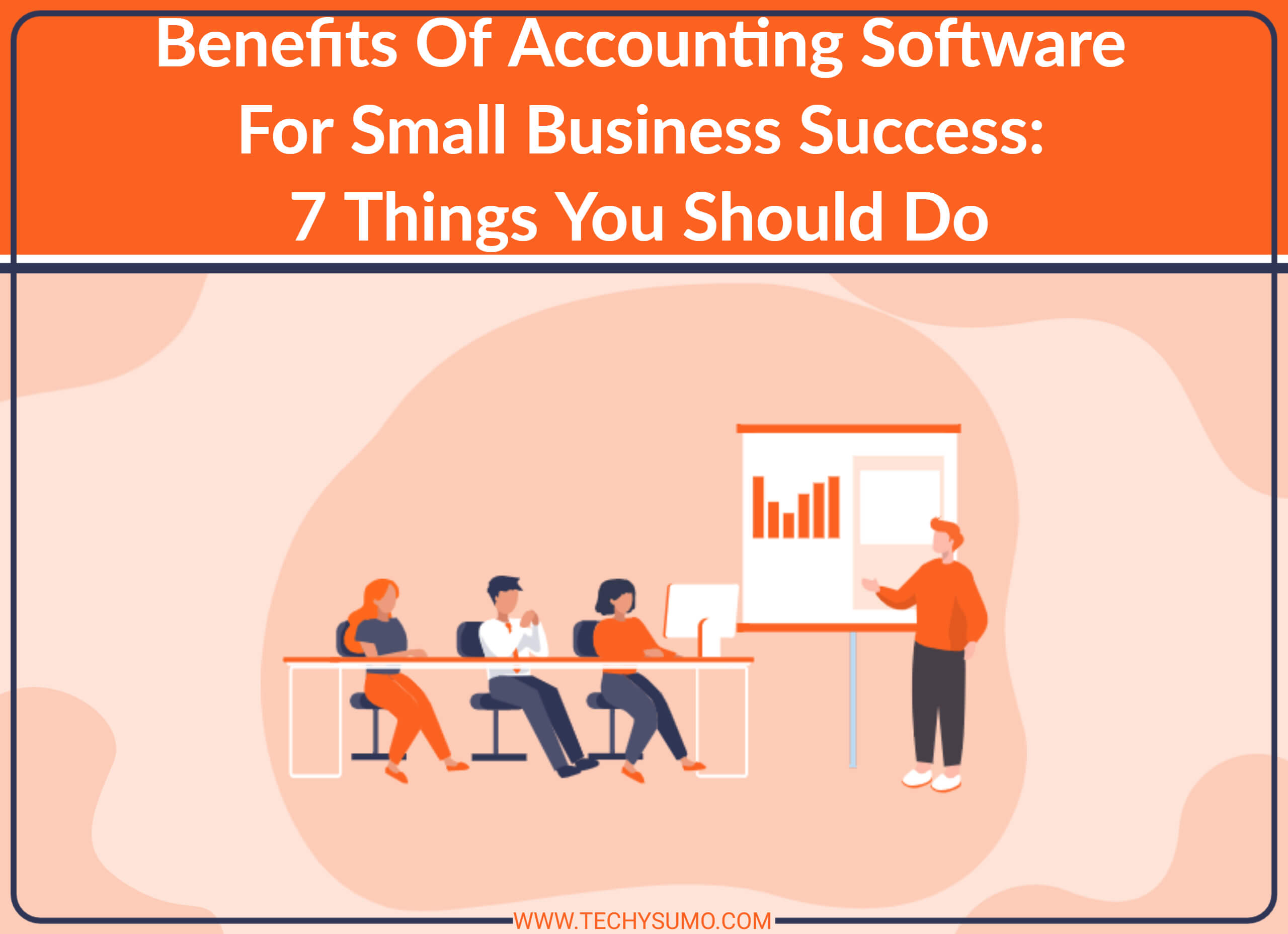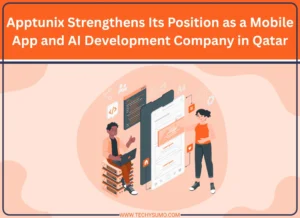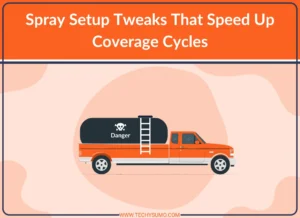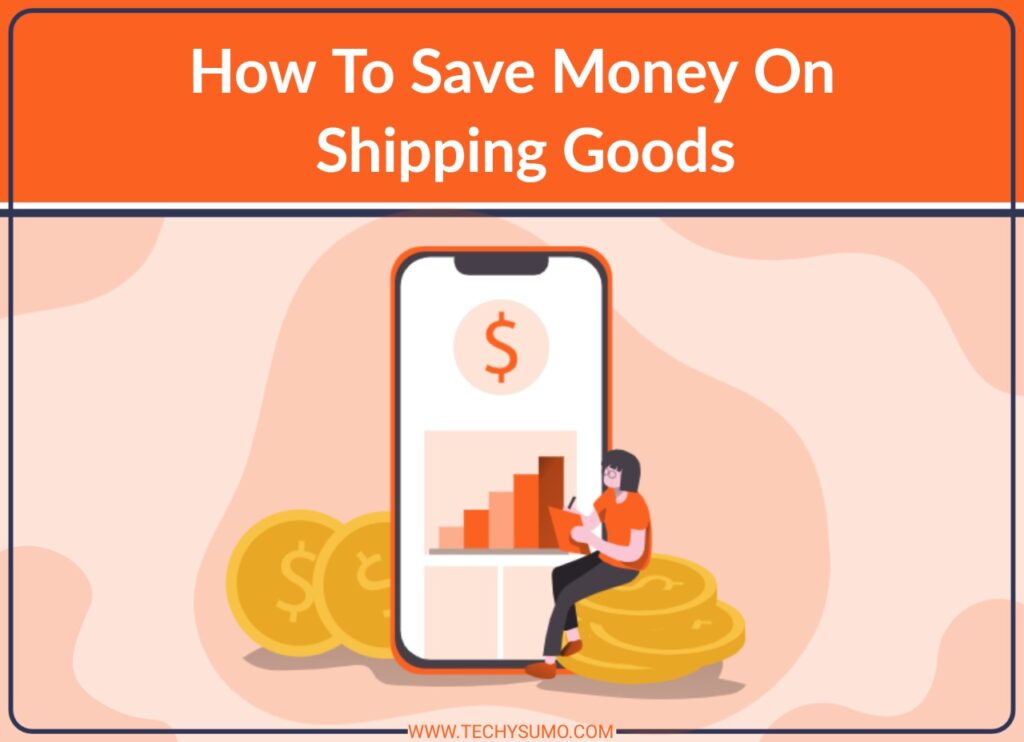Accounting is a component of the foundations of your small-scale company, and there’s no doubt about that!
From being paid by your clients to long-term budgeting, it all ties around to the accounting procedures. If your accounting processes aren’t properly organized, it’s likely that other elements of your business will be affected.
What’s the most important thing to do to get an efficient accounting? It was once an easy writing pad and pen, but today everything comes to the accounting software you select. Accounting software is created to handle the mundane work of accounting, including recording and processing your company’s transactions.
Like any other choice, there are many aspects to think about when selecting the right accounting software for small businesses. Every accounting software available offers unique features. It is important to choose which one has the most value for your company. For example, if you own a fitness business, like a gym or a yoga studio, then you’d reap more rewards from a gym membership software that has accounting integrations.
We’ve put together our top seven tips to help you through the selection process. Let’s get started.
Table of Contents
Also Read
Keep Your Budget in Mind
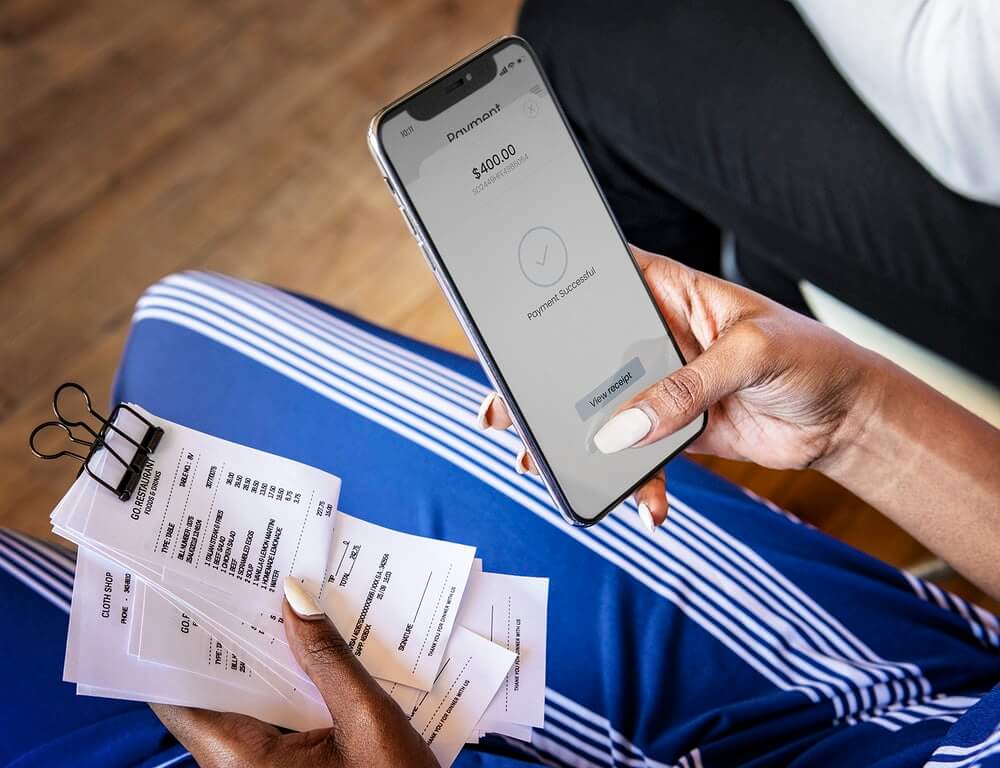
The cost of accounting software can be varied. There are various payment options as well as a wide range of the total cost. There is, however, many variations in the number of services provided.
Typically, accounting software specifically designed for specific industries will be more expensive. If you choose to use the generalized version then you might be able to stay at the lower end of the budget. But, take note of the last point and make sure not to exchange a cheaper price for features you might require.
consider the Cloud
The majority of the top accounting software available today is cloud-based. What does that mean? It simply means that the information that is stored and processed by the software is not stored on-site. Instead of being stored on a server or a hard drive, the data is processed via the internet, or what people call “the cloud”. This kind of accounting comes with numerous benefits.
For instance, it could reduce your time by more than 15 hours a week! Additionally, it means that you have access to your data from anywhere provided you’re connected to the internet. This is ideal for small-scale entrepreneurs who are constantly traveling. Here are the best cloud-based accounting software to consider:
- Quickbooks Online
- Xero
- Freshbooks
- Sage
- Netsuite
Check Out the Bonuses

Additional features and add-ons aren’t part of the accounting software however they could simplify your life and add value. Make sure you look into each feature and add-on that is included in particular software. A small thing could be worth the time and effort of your company to be a no-brainer!
The add-ons often are the most likely source for integrations. Make sure you look for applications, software, or systems you already have in. If your software for accounting is compatible more compatible, the more efficient.
Xero expense is an add-on to Xero that lets you and your employees record and track expense claims.
- SOS Inventory is a tool for Quickbooks is an inventory tool that is seamlessly connected to Your Quickbooks Online accounting software.
- Shopify to Freshbooks: Link Shopify and Freshbooks to update automatically and track customers as well as their purchases.
There are many bonuses and integrations available. Make sure you keep your eyes on those that can add the most value to your company.
As you explore the benefits of accounting software for small business success, it’s worth diving deeper into how localized solutions can make an even greater impact. Cloud Accounting Software in Malaysia, highlights how Malaysian businesses are leveraging cloud-based platforms to streamline finances, stay compliant with local regulations, and operate more efficiently. If you’re a small business owner in Malaysia or planning to expand there, combining insights from both blogs will help you make smart, region-specific accounting choices.
Ask For Help
A financial planner or accountant is the ideal person to consult for guidance on the software you use for your accounting. If you’re already using financial aid, asking their opinions on the kind of software you’ll need is essential.
Professional accountants are aware of the latest software available, and, of course, they’re likely to be in close contact with the software! It’s also possible to ask around to find out what other entrepreneurs in your industry suggest.
Whatever research you conduct the most effective way to decide on a decision is to base your decision on the experience of other people.
Be Realistic About Your Needs and Skills

Don’t choose the accounting software that has the lowest price or most appealing marketing. It’s important to think about the business’s operations and your accounting capabilities. Some software, for instance, is made to be perfect for service companies.
This isn’t a good choice for a retailer. Take into consideration your business, the industry you operate in and the amount of income you make, as well as the level of support you require in your search for accounting software.
Don’t Forget About the Other Systems
Integrations are crucial!
This is a mantra that you must repeat when you’re looking into various accounting software. Think about the various types of software you’ve used before.
Have you got a payroll system or an HR system? Invoicing software? Any type of automation for business that you have already installed must be considered to integrate seamlessly in conjunction with accounting programs.
Ask About the POS

One thing you might overlook when you have an office is the point of sale (point of sale) system and how it works for accounting systems.
This kind of integration is something that does not come with all accounting software the ability to do and will make your life simpler. If you use a POS system, be sure that you choose accounting software that is designed to integrate with it. If not, you’ll have a distorted report and a lot of manual entries complete.
Here’s a brief recap of the information you’ve learned in this article:
- Today, cloud-based accounting software is the best option and offers many advantages like security and time savings.
- The ideal software for your company’s accounting will depend on your specific needs along with your expertise in the field of accounting.
- Your budget plays an important part in deciding on the appropriate accounting software. Make sure you consider the amount you’re paying for compared to the features you’ll receive.
- Add-ons and features may not be included in the essentials however, they’re definitely worth looking into! Consider the benefits that you can get in one accounting software, compared to another.
- If you have an accountant or financial planner, consider their views about the software into consideration.
- Your accounting software needs to integrate with other areas of your business. So, make sure that it’s compatible.
- If you require a POS make sure the accounting program you choose can be integrated with it.
There are a lot of things to think about when choosing accounting software. You must focus on it all the time and not take a decision just because you’re thinking about it! If you follow these suggestions to guide you through the process, you’re on the right track to selecting the best accounting software for your small-scale business.


